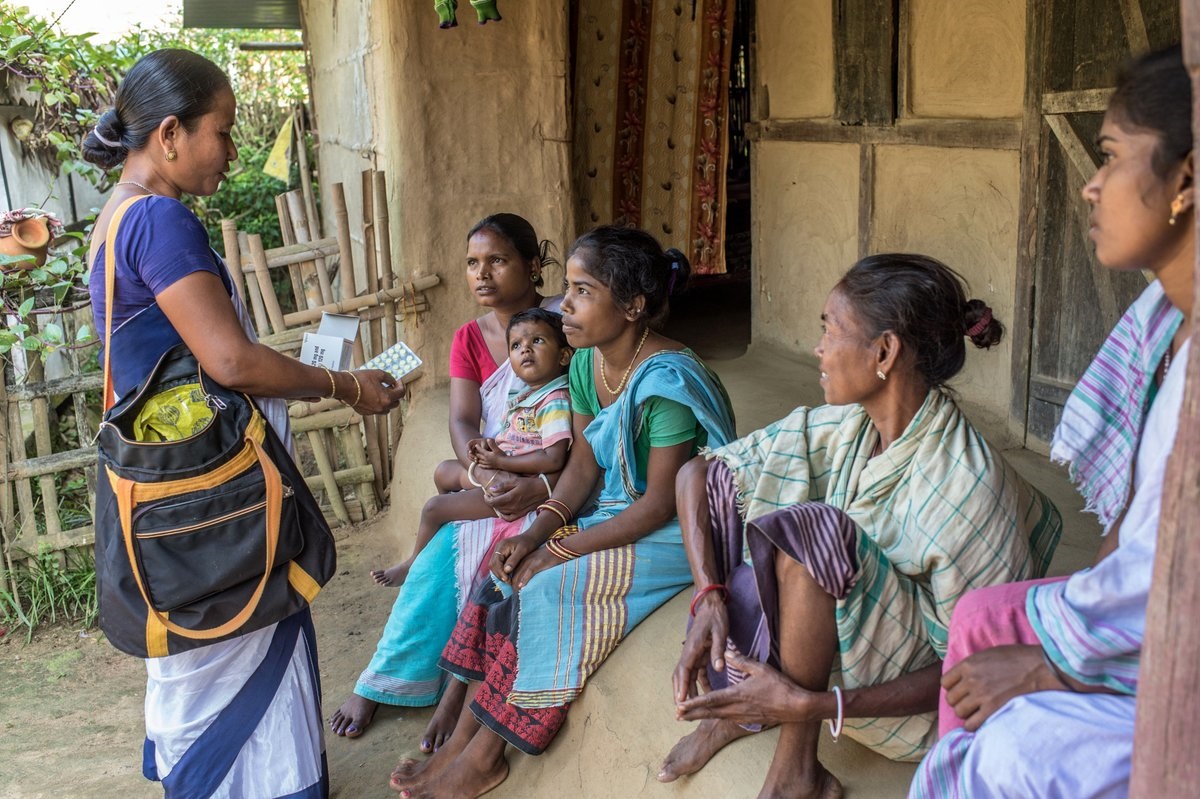
Management of Diabetes
Overview
Diabetes is a chronic metabolic disease that if detected late, or improperly managed, can lead to serious and life-threatening damage to the heart, blood vessels, eyes, kidneys and nerves.
In the WHO South-East Asia Region, more than 96 million people are estimated to have diabetes, and another 96 million to be pre-diabetic, causing at least 600 000 deaths annually. Half of all adults with type 2 diabetes are undiagnosed. Among diagnosed, majority do not have access to medicines and diagnostics or have blood sugar level under control.
The risk of type 2 diabetes can be reduced through regular and adequate physical activity, healthy eating, and by avoiding tobacco and harmful use of alcohol. If developed, type 2 diabetes can be managed through medication, control of blood pressure and lipids, and adherence to a healthy lifestyle.
Type 1 diabetes, which affects more than 250 000 children and adolescents in the Region, cannot currently be prevented, but can be managed.
For people living with both types of diabetes, access to affordable treatment – including insulin – is critical to their survival.
WHO HEARTS–D technical package provides strategic guidance for primary health care workforce to diagnose, treat and manage diabetes.
Key facts
Resolutions & Decisions
- Reducing the burden of noncommunicable diseases through strengthening prevention and control of diabetes (WHA74.4)
- Prevention and control of diabetes mellitus (WHA42/R36)
Initiatives
SEAR NCD country profiles







